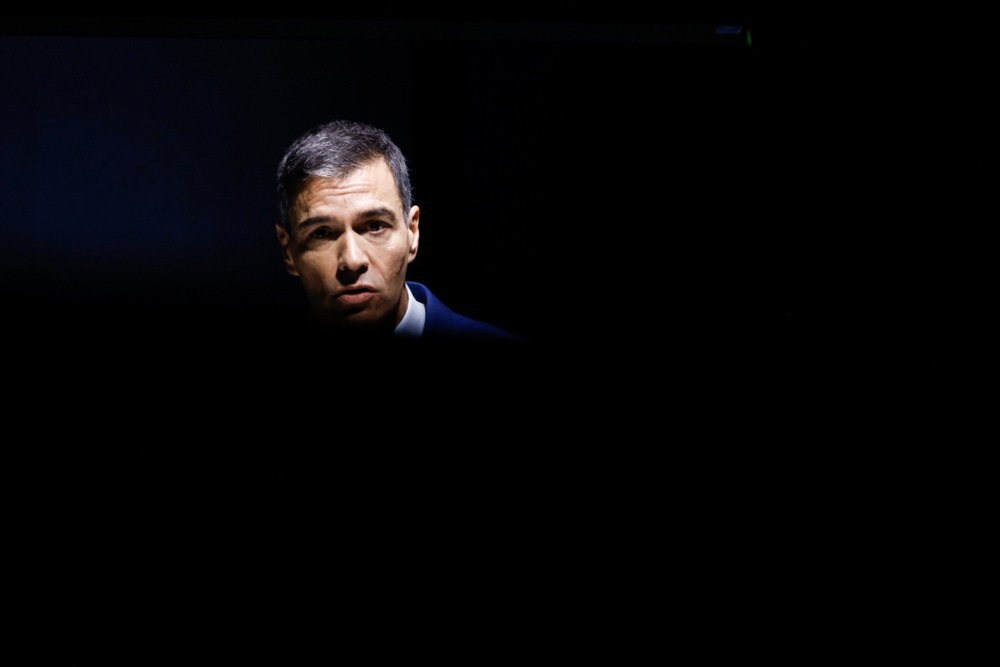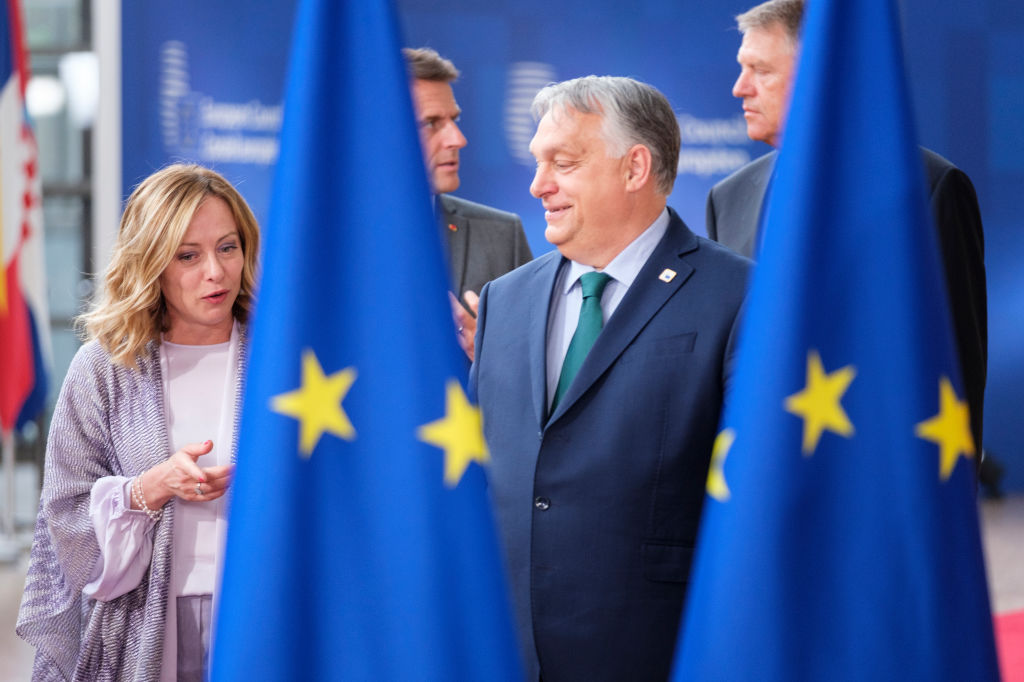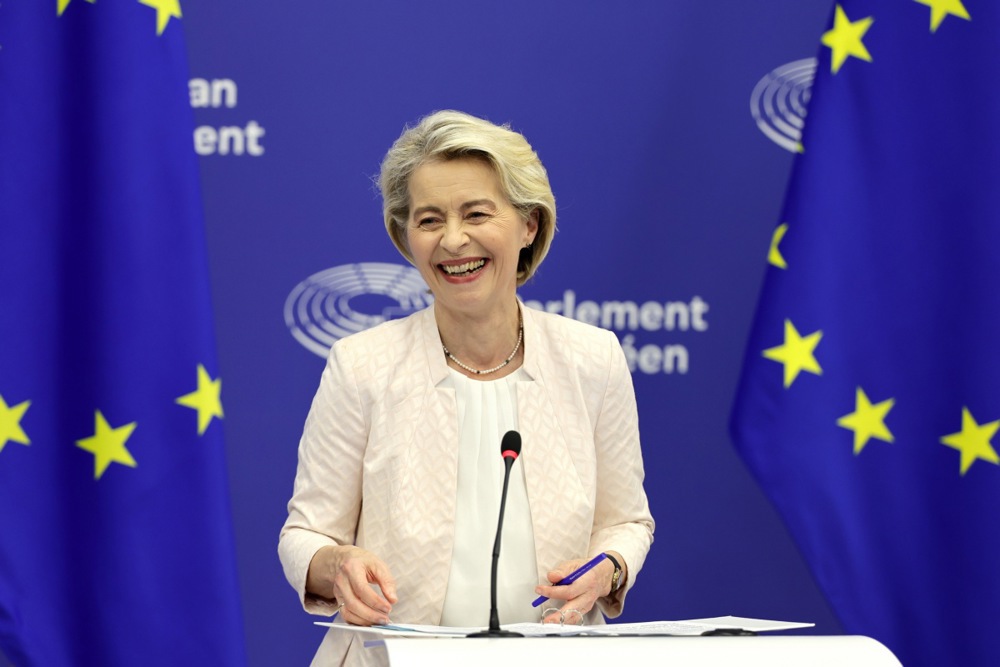The European Union faces a crucial dilemma in its attempt to create an independent defence policy. As the geopolitical environment becomes more unstable, the EU seeks to develop a security structure capable of protecting its interests, reducing its dependence on the US and providing a robust response to threats that cross its borders.
However, the re-election of Donald Trump could drastically turn these efforts around, exposing – even more – European defence vulnerabilities.
Trump has been explicit in his stance towards NATO and its European allies. During his first term in office he openly questioned the Atlantic organisation’s mutual defence commitment and pressed member states to assume greater financial and operational responsibility for security.
At the time, he was labelled a “madman”. Biden proposed the same, and suddenly everyone agreed. Now no one denies that it is an imperative.
With a Trump 2.0 administration, Europe could face an even greater reduction in US military presence, and with it, could force greater European strategic independence. This possibility has permeated the commission in recent years, so European leaders would not be caught off guard.
This would also deepen internal divisions within the union, as Eastern European countries, more exposed to a potential Russian threat, might be reluctant to reduce their dependence on the US in this regard.
On the other hand, there is tension over the elimination of the right of veto, in addition to the ongoing transformation of the EU’s founding treaties.
If unanimity in voting is eliminated, as well as the definitive ceding to Brussels of certain powers such as defence, education and health, the definitive step in the construction of the ‘United States of Europe’ will have been taken.
A new Europe in which small countries would have no say, as everything would be chosen by majorities – France, Italy and Germany being the countries with the largest demographic weight in the union. The European spirit would be sacrificed for the sake of greater “functionality,” as Commission President Ursula Von der Leyen has said on several occasions.
In this scenario, projects such as the projected ‘European CIA’ and national defence champions, which seek to establish autonomous intelligence and military production capabilities, become critical.
However, the implementation of these initiatives poses serious difficulties. Rather than unifying, the strategy could encourage fragmentation if member states with greater industrial capacity – France, Germany, and perhaps Italy again – assume a dominant role, creating tensions with other less well-endowed countries dependent on NATO assistance.

Moreover, without Washington’s backing, the EU might lack the resources and expertise to create a truly functional and effective continent-wide intelligence agency. The question is to what extent such an agency would be independent if it is the US that helps create it.
An obvious example is what has happened in Ukraine since 2014 and how the world’s leading power has helped create an intelligence, security and defence infrastructure in the image and likeness of the CIA, something acknowledged by The Washington Post.
On the other hand, the creation of national champions poses its own problems. In principle, these companies are intended to lead the development of European defence technology, but in practice, contracts and funding will be unevenly distributed.
Countries with stronger defence industries are likely to benefit the most, which could leave other nations in a subordinate position. Instead of fostering cohesion, national champions could perpetuate economic and political disparities within the Union.
France is home to Dassault Aviation, known mainly for its military fighters, such as the Rafale. Others such as Thales and Nexter also stand out.
In Germany, there is Rheinmetall AG. It is the leading company specialising in ground systems and military equipment, such as armoured vehicles, artillery and air defence systems. It is also involved in munitions projects and electronic systems for defence.
Italy is home to Leonardo S.p.A. Active in aeronautics, defence electronics, and security, it produces helicopters, combat aircraft, and advanced technology in radar and surveillance systems, positioning itself as one of the leading companies in Europe.
Spain is home to Navantia, known for its construction of military vessels, such as frigates and submarines. However, other companies such as Indra (specialising in defence technology and electronics) also stand out. The latter has divested part of its business for more than €1 billion in order to buy Santa Bárbara Sistemas — formerly a national armaments company — from the US company General Dynamics. Indra is rumoured to be the best positioned to take over the Spanish national champion.
As Trump’s foreign policy pushes Europe to take on an increasing burden of its own defence, the EU risks becoming a patchwork of disparate interests, with member states prioritising bilateral alliances with the US over a common strategy. This is not because there is no real interest, but because of the out-of-touch thinking of many Western leaders and their post-national vision of geopolitics.
Without strong cooperation and sufficient resources, the European defence project could fail before it is consolidated, leaving the EU as a minor player on the global stage, subject to Washington’s whims and pressure from external actors such as Russia and China.
COMMENT: European elites fear a second Trump term could end U.S. military support, exposing the EU's weak defence. With social spending prioritised over security, Europe may face tough choices ahead, writes @Jay_Conz. https://t.co/ErM6LqrIO4
— Brussels Signal (@brusselssignal) November 5, 2024





Trump’s foreign policy scared Russia and China, Harris’ policy never would